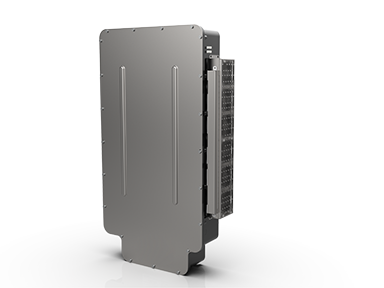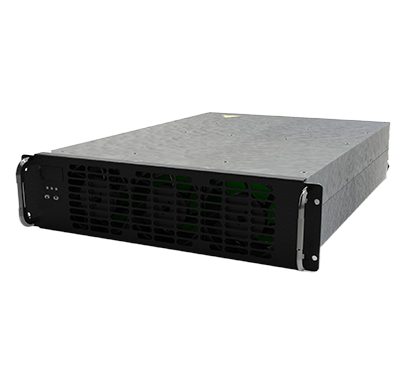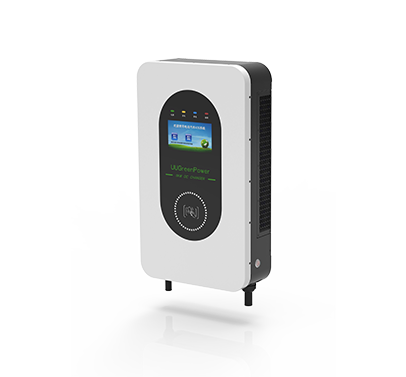
As electric vehicle (EV) adoption accelerates, with projections indicating that by 2030, there could be over 145 million EVs on the road globally, understanding the right charging solutions becomes imperative. The shift towards sustainable transportation is not just a trend; it’s a necessity driven by environmental concerns and regulatory pressures.
An Overview of EV Charging Solutions
ev charging solutions encompass various technologies and infrastructures designed to facilitate the efficient recharging of electric vehicles. These solutions range from home chargers to public charging stations and include features such as smart connectivity, user-friendly interfaces, and energy management systems. When evaluating these options through a Cost-Benefit Analysis lens, one must consider initial investment costs against long-term savings in fuel expenses and maintenance. Additionally, factors like government incentives can significantly enhance their financial viability.
The Role of Fast EV Charge Controllers in Cost-Benefit Analysis
fast ev charge controllers are pivotal components within many modern charging solutions. They enable rapid recharging capabilities that reduce downtime for users while maximizing throughput at commercial locations. From a Cost-Benefit Analysis perspective, investing in fast charge controllers may entail higher upfront costs but offers substantial returns through increased customer satisfaction and loyalty due to reduced wait times. Furthermore, they often come equipped with advanced monitoring features that optimize energy usage—leading to lower operational costs over time.
Key Features of UUGreenPower in Cost-Benefit Analysis
- Energy Efficiency: UUGreenPower systems utilize cutting-edge technology to minimize energy waste during the charging process.
- User-Friendly Interface: Their intuitive design enhances user experience which can lead to increased utilization rates.
- Sustainability Focus: By integrating renewable energy sources into their infrastructure, UUGreenPower reduces reliance on fossil fuels—an essential factor for environmentally conscious businesses.
- Total Ownership Costs: A comprehensive analysis shows that despite higher initial investments compared to traditional chargers, total ownership costs decrease significantly due to lower operating expenses over time.
- Diverse Payment Options: Offering multiple payment methods increases accessibility for users while ensuring steady revenue streams for operators.
A Conclusion on Evaluating EV Charging Solutions

The evaluation of EV charging solutions through a Cost-Benefit Analysis framework reveals critical insights into their long-term value proposition. While upfront investments might seem daunting initially—especially when considering advanced options like fast charge controllers or specialized providers like UUGreenPower—the potential benefits far outweigh these concerns when viewed holistically. As we move toward an electrified future, making informed decisions about our charging infrastructure will play an essential role in shaping successful business strategies aligned with sustainability goals.


:quality(85)/https://assets.iprofesional.com/assets/png/2024/05/574324.png)